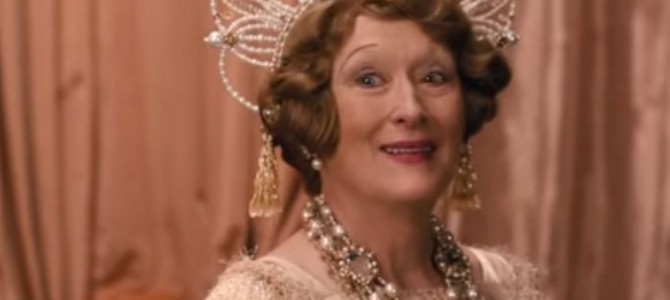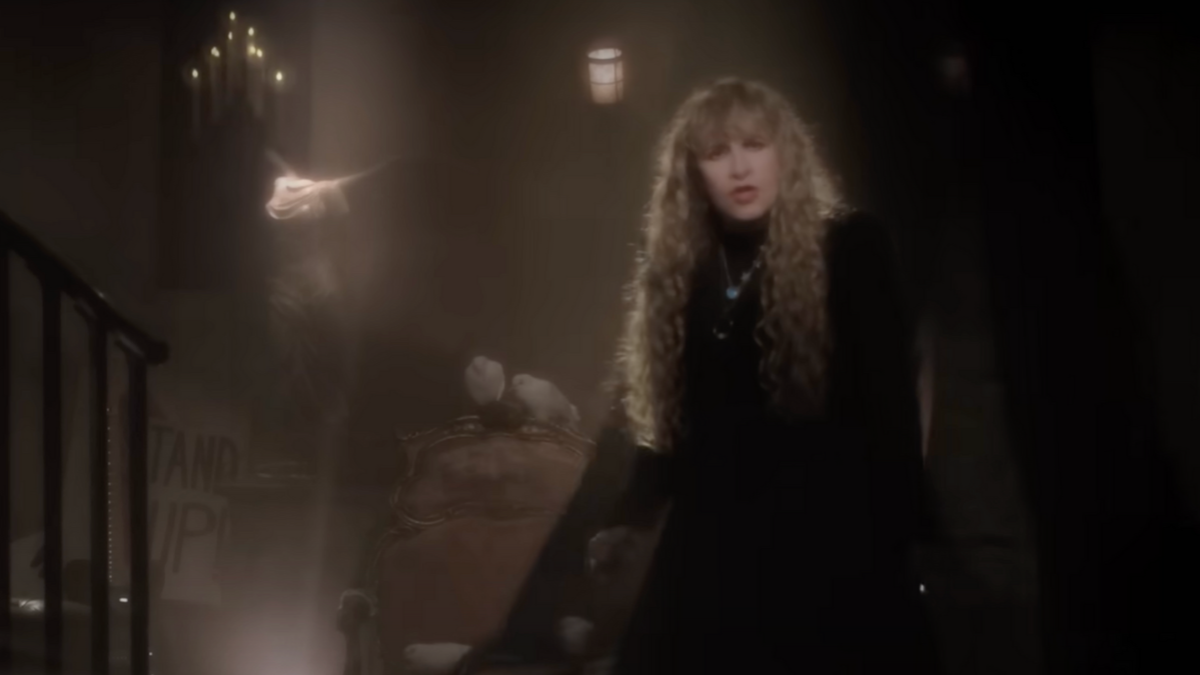
There are two opposing strains in American conservatism. The scolding, risk-averse strain likes nothing more than to remind people—especially young people—that no one is a special snowflake. In fact, you’re probably a bigger failure than you think you are. And no, you most likely shouldn’t follow your dreams.
The other strain recognizes the importance of risk-taking and admires risk-takers (or at least admires them when they succeed). This is the strain that delights in pointing out that big government crushes big dreams. The bigger the government, the smaller the citizen, the less scope there is for the big dreamers of the world.
But the very nature of risk means not everyone who’s qualified will succeed. Otherwise, success would be a sure thing: just rack up the qualifications and you’re done (many of us millennials have been taught exactly that, which might explain why we’re so annoyingly insecure). To admire the risk-takers when they succeed yet to have no tolerance for them when they fail cannot be done without some cognitive dissonance.
We conservatives are sometimes guilty of this dissonance. In the spirit of atonement, therefore, I’d like to introduce you to the big dreamer and spectacular failure Florence Foster Jenkins, the subject of a new movie starring Meryl Streep making its U.S. premiere on August 12. Lady Florence (as she liked to be called) never succeeded at her dream of becoming a world-class singer, but she never gave up on it either, and ended her days doing something many musicians far, far better than her only dream of doing: performing in Carnegie Hall.
On October 25, 1944, at the age of 76, Lady Florence gave perhaps the most dreadful performance the hall had ever witnessed. Judging by the recordings she made a few years earlier, the whole show probably sounded something like this:
Yet it was a performance so popular that it sold out weeks in advance, grossing $6,000 ($82,172 in today’s dollars, according to this inflation calculator). The hall was packed to maximum capacity, including standees. Two thousand additional fans had to be turned away. Scalpers charged $20 a ticket in ($274 in today’s dollars) just for the privilege of listening to this woman screech.
I’ll Sing if I Like
How did all this happen? Young Florence’s parents — like many well-off parents of her time (and ours) — encouraged their daughter to develop an amateur interest in music. An amateur interest, not a serious one. Although she was something of a wunderkind at the piano (the trailer shows her mentioning having played for the president at the age of eight), she fell in love with singing instead. Her singing, though, was hardly wunderbar. When, at 17, she expressed a desire to study opera in Europe so she could pursue it professionally, her parents (rather sensibly, you might say) refused to foot the bill.
To escape parental control, she rebelled by eloping with a society physician named Jenkins. Dr. Jenkins wound up no more impressed with her musical ambitions than her parents were. The marriage soon soured, and the couple divorced. After she had spent several lean years eking out a living as a tea-room pianist and music teacher (of piano, not voice, I hope!), her father died, leaving her a small fortune. She immediately put that fortune to use pursuing her passion: becoming a coloratura soprano.
Why coloratura soprano? Perhaps she was attracted to the coloratura repertoire because it’s often thought of as the most prestigious repertoire for the female voice; perhaps because she wasn’t noticeably worse at coloratura ornamentation than she was at everything else. Every once in a while, Lady Florence could manage a few microseconds of mediocre coloratura ornamentation, moments that, while far from gorgeous, wouldn’t be entirely out of place as bloopers during a live performance at a major opera house.
True, after attaining these dizzying heights of mediocrity, Lady Florence would immediately plunge back into the depths of atonal, arrhythmic squawking. Her unadorned passages, though, were more consistently awful, a sort of unholy cross between a mosquito, your granny, and a vacuum cleaner.
They’re Laughing With Her
Lady Florence gave her first voice recital in 1912, at the already advanced age of 43. She soon developed a following among society ladies, perhaps because she was an excellent charity organizer and a tireless promoter of many causes (including her own). As her following grew, she staged yearly recitals at New York’s Ritz-Carleton Hotel, eventually attracting upwards of 800 paying guests (the proceeds went to charity). Gatecrashers had to be turned away by the police.
True, audience members often had to stuff their handkerchiefs in their mouths to stifle their laughter. But they still paid to see her, and her concerts netted a profit. Her fan base grew to include musical luminaries such as Cole Porter, Lily Pons, Enrico Caruso, and Sir Thomas Beecham.
Not content with simply massacring the music, she also designed elaborate costumes and stage settings for her recitals. For her encore, “Clavelitos” by Valverde (which she, alas, never recorded), she’d don a mantilla, stick red flowers in her hair, and throw roses at the audience. But her favorite costume may have been her “Angel of Inspiration,” complete with tinsel halo, sturdy gold wings, and a figure-skimming gown whose silvery fabric showcased every awkward bulge of her rather dumpy frame.
For years, her fans urged Lady Florence to perform in Carnegie Hall. Finally, at the age of 76, she acquiesced, hocking her furniture to pay the rental fee. There she performed, as a few critics put it, “undaunted by… the composer’s intent,” with a “happiness… communicated as if by magic to her listeners… who were stimulated to the point of audible cheering, even joyous laughter and ecstasy by the inimitable singing.” The concert was a stunning commercial success: her furniture had not been hocked in vain. She died a month later “with a happy heart.”
Persistence Is a Virtue (?)
So how does this tuneless and quite frankly ridiculous woman who squandered her parents’ fortune indulging delusions of musical competence become a personal hero to me or any other music lover? It’s not for her singing: as a singer, she’s everything I hope not to be. Nor is it for her grasp on reality, which evidently wasn’t too firm. Rather, she’s my hero for her persistence in the face of discouragement.
Failure is no good in itself, but some amount of it is an inevitable byproduct of risk, of dreaming big American dreams. None of us is born into this world knowing exactly where our talents lie, or, when we do have talent, whether we can make a useful living off it. We are forced to guess, and it’s only a guess, however educated it may be.
“But what if I fail?” is often the foremost question in our minds. While it’s good to have backup plans in case you do fail, it’s also true that every millisecond spent distracting yourself with worries of failure when your performance is on the line is one less millisecond devoted to being totally absorbed in doing whatever you’ve got to do to achieve success. Sometimes all that differentiates ultimate success from ultimate failure is perseverance and devotion in the face of the many failures along the way.
Florence Foster Jenkins had many weaknesses, but allowing herself to become distracted by fears of failure—fears she had every right to feel—wasn’t one of them. She was fearless. Fear did not prevent her from doing her best, bad as that happened to be. In that one sense, she was a great performer, and for that, she has my lasting admiration.
Aside from Lady Florence’s Wikipedia page, there are several excellent online resources for learning more about this charmingly batty woman. Foremost among them is perhaps MaxBass’s Florence Foster Jenkins page. Her American National Biography page is also informative, as is this interview with the actress playing Lady Florence in “Glorious!” (Yes—dear old Flo has had multiple plays written about her; this upcoming movie is only the latest dramatization of her life). Also see this piece at Edwardian Promenade, this piece from the New York Daily News, and this short biography from AllMusic.
Midge is also an amateur singer, with some propensity for coloratura repertoire herself, but far less of Flo Fo’s determination to inflict sub-professional results on an audience.









